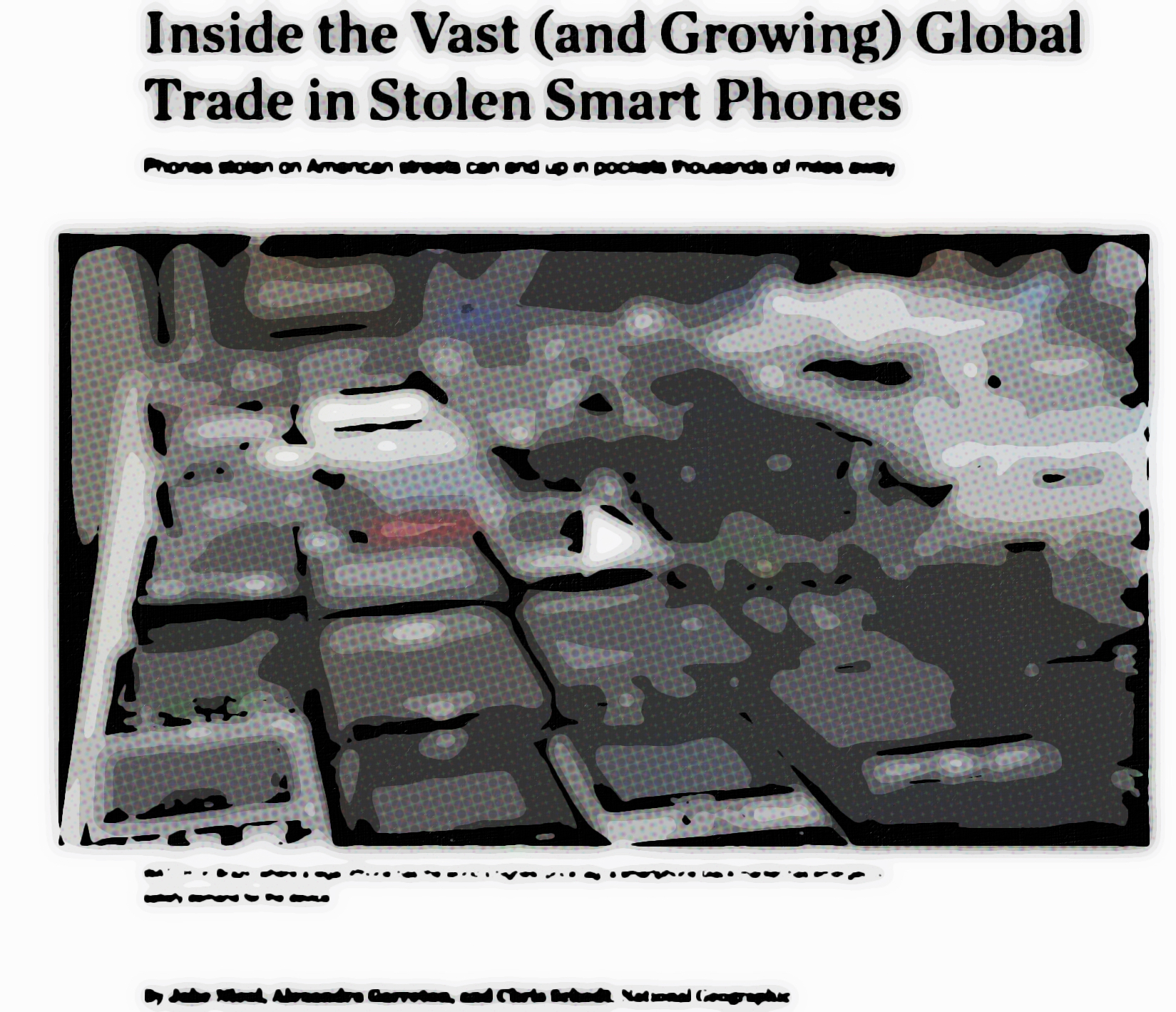Nearly a month has passed still the last installment of my ebook Responsible Reporting: Field Guide for Bloggers, Journalists, and Other Online News Gatherers. I have been overwhelmingly busy with other projects, which is no excuse. My apologies, please. Over the next couple of Sundays, I will serialize the remaining few chapters before releasing the tome into the public domain.
This chapter, like most of the others in Section 3, is vital to your success, which means rising above the endless sea of sameness. You must be original, and produce original content that finds and builds audience. Today’s chapter gives varied examples of news organizations doing just that.










